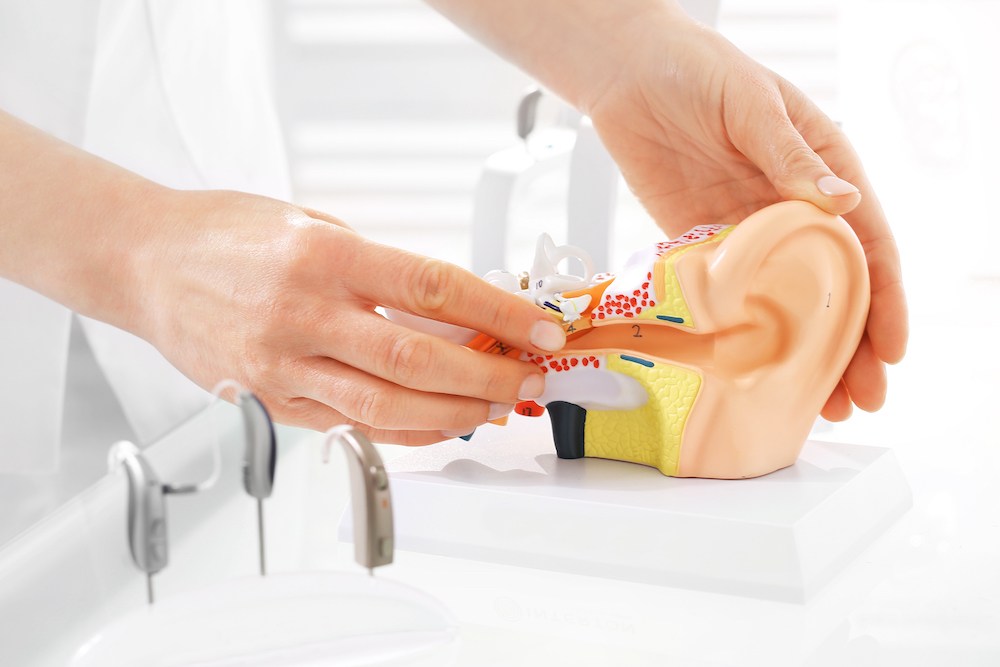Safe Listening Practices for Teenagers
Many teenagers today spend hours listening to music, playing games or
Voted Best of 603 Two Years in a Row!


Many teenagers today spend hours listening to music, playing games or

Many people find background noise to be one of the most difficult parts of

Receiving new hearing aids marks an important step in managing your